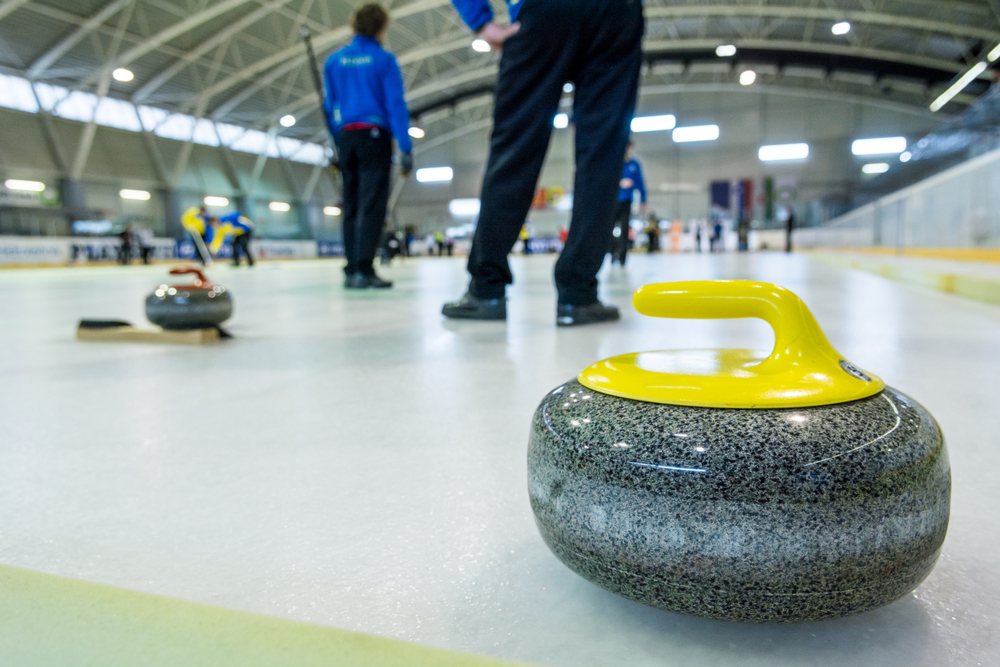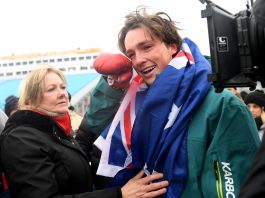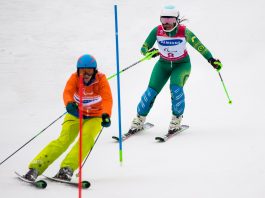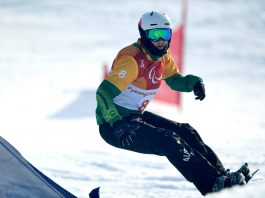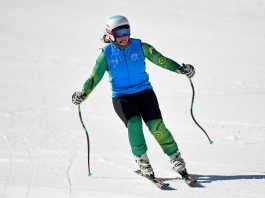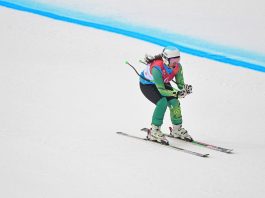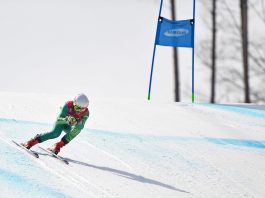Russia could lose its chance in efforts to regain full Olympic status before the end of the Winter Games because of a doping charge against curling bronze medallist Alexander Krushelnitsky.
The Court of Arbitration for Sport said on Monday it had “initiated a procedure” involving Krushelnitsky, who finished third in mixed doubles with his wife, Anastasia Bryzgalova.
No hearing date has been fixed.
Krushelnitsky is suspected of testing positive for meldonium, a banned substance that increases blood flow and improves exercise capacity.
International Olympic Committee spokesman Mark Adams says a failed doping test could keep Russia’s banned team from marching under the national flag in the closing ceremony on February 25.
Russian athletes are taking part in PyeongChang as “Olympic athletes from Russia” after the IOC suspended the Russian Olympic Committee last year in connection with a massive doping scheme at the 2014 Games in Sochi.
Russian athletes are allowed to compete in neutral uniforms and without the national flag.
Adams said the positive test could have “consequences” in evaluating the behaviour the Russian team, which was required to abide by restrictions and to undergo extra drug tests.
Russian Curling Federation president Dmitry Svishchev said Krushelnitsky tested clean as recently as January 22.
He said it was possible someone spiked Krushelnitsky’s food or drink and suggested rival Russian athletes or Russia’s political enemies could be responsible.
“It can’t happen at the Olympic Village because everyone eats the same canteen food,” he said.
“It could happen at training camp or in the intervening period … there’s a possibility of it being something within the team, that something happened during training camp or as a political means to achieve some goal.”
After Krushelnitsky’s ‘A sample’ tested positive, Russian delegation spokesman Konstantin Vybornov said the athlete had surrendered his Games accreditation and left the Olympic village while awaiting the result of a second sample.
The Norwegian team finished fourth and could get the bronze if the positive test is confirmed.
Russian athletes and sports officials have voiced disbelief about the allegation against Krushelnitsky.
“It’s stupid but Alexander is not stupid so I don’t believe it,” said Russian women’s curling coach, Sergei Belanov.
He echoed a general bewilderment among curling athletes who couldn’t fathom why anyone would use drugs that aid endurance in a sport that needs steady hands and concentration rather than peak physical fitness.
“We were all shocked when we found out yesterday. Of course we very much hope it was some kind of mistake,” Russian curler Viktoria Moiseeva said, adding the team believed Krushelnitsky was innocent.
“I can’t imagine what kind of drugs you could use in curling … so it’s very hard to believe.”
Moiseeva said it would be dreadful if the case hurt Russia’s chances of regaining its full Olympic status for future Games.
The World Anti-Doping Agency banned meldonium with effect from January 2016.
Former world tennis No.1 Maria Sharapova of Russia was barred from competition for 15 months after testing positive to the recovery drug.
